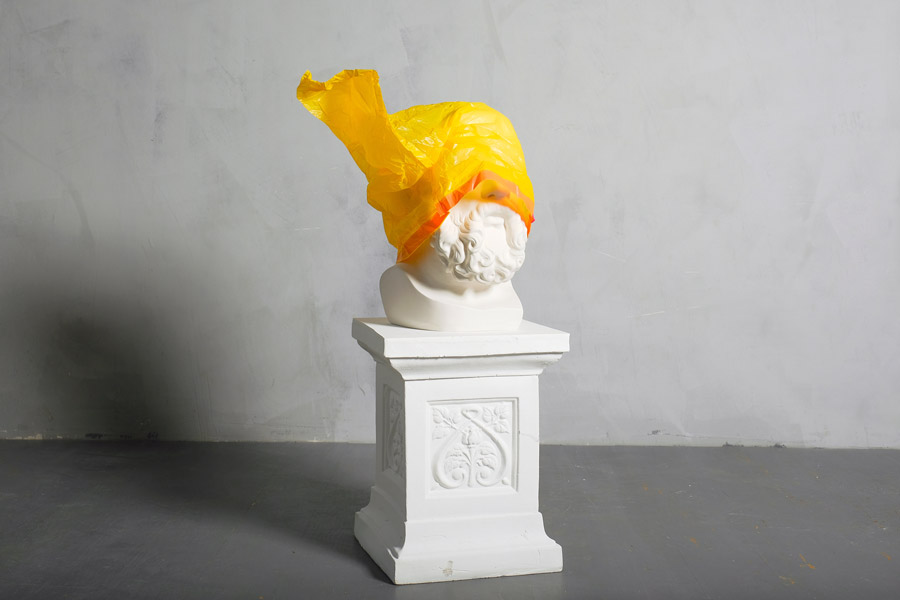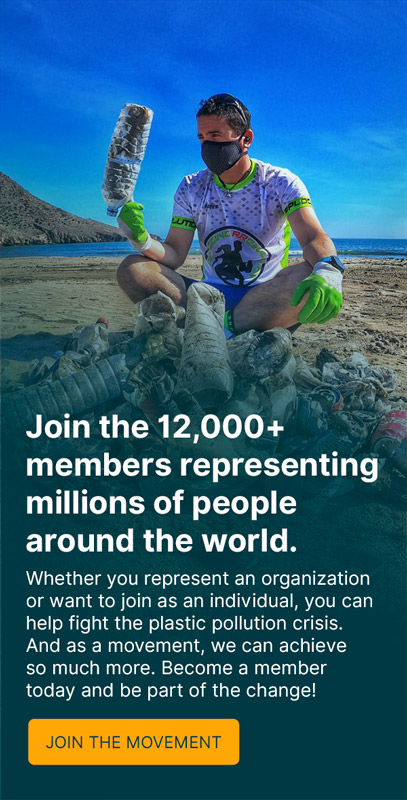PRESS RELEASE
Brussels, 16 July 2020
The single-use plastics (SUP) Directive, adopted in 2019, requires EU Member States to adopt a number of measures to reduce the use of, and pollution from, single-use plastics most commonly found in the environment. Measures include bans on certain SUPs, a reduction in consumption, extended producer responsibility schemes, labeling requirements, and a 90% separate collection target for plastic bottles.
EU countries have until July 2021 to transpose the EU Directive into their national laws and adopt the measures needed for successful implementation of the Directive. Members of the Break Free From Plastic movement have taken stock of the progress made across Europe, midway through the transposition period. This assessment of the current situation in 19 countries shows that only a few countries have already adopted measures to transpose the Directive or are about to do so. In most countries, the transposition process has been delayed or has only just started.
France currently appears to be the furthest advanced on the transposition of the SUP Directive thanks to the adoption of a law in February 2020 that actually goes further than the EU Directive; it now must be implemented in order for it to have concrete positive effects. Other countries, such as Austria, Denmark, and Portugal have also taken steps and made progress in the transposition of the Directive, yet key legal measures still have to be finalised and the ambition needs to be confirmed. Unfortunately, many countries are still lagging behind, including Slovenia where processes have been significantly delayed, as well as Bulgaria and Croatia where discussions have not even begun.
Delphine Lévi Alvarès, coordinator of the Break Free From Plastic Europe and the Rethink Plastic alliance commented: “Despite numerous public announcements on the need to fight plastic pollution, many European countries have not yet walked the talk. It is high time governments stop dithering and promptly adopt far-reaching measures that incentivise products, packaging and business models based on waste prevention and reuse, allowing a move away from single-use plastics once and for all. The Break Free From Plastic movement will continue to monitor and engage on the transposition and implementation of the SUP Directive and call out countries lagging behind”.
While the COVID-19 pandemic may have caused slowdown in the transposition of the SUP Directive, as in other files, it cannot be a reason for further delay. Solving the plastic crisis cannot wait any longer, and the ambitious implementation of the SUP Directive across Europe can largely contribute to ending pollution from single-use plastics for good.
Links
See the detailed Member State assessment and grading here.
See Seas At Risk’s assessment for more details on some countries (France, Germany, Hungary, Italy, The Netherlands, Spain).
Directive on the impacts of certain plastic products on the environment available here.
French law on Circular Economy available here.
Press contacts
Estelle Eonnet, Communications Officer, Break Free From Plastic Europe
+33 6 13136527, estelle@breakfreefromplastic.org
Delphine Lévi Alvarès, Coordinator, Break Free From Plastic Europe and Rethink Plastic alliance
+32 (4) 78 71 26 33, delphine@rethinkplasticalliance.eu
#BreakFreeFromPlastic is a global movement envisioning a future free from plastic pollution. Since its launch in September 2016, nearly 2,950 organizations from across the world have joined the movement to demand massive reductions in single-use plastics and to push for lasting solutions to the plastic pollution crisis. In Europe alone, 96 core organizations are active in more than 30 countries. These organizations share the common values of environmental protection and social justice, which guide their work at the community level and represent a global, unified vision. Sign up at www.breakfreefromplastic.org
Rethink Plastic, part of the Break Free From Plastic movement, is an alliance of leading European NGOs including: Center for International Law (CIEL), Client Earth, Environmental Investigation Agency (EIA), European Environmental Bureau (EEB), European Environmental Citizen’s Organisation for Standardisation (ECOS), Greenpeace EU, Seas At Risk, Surfrider Foundation Europe, and Zero Waste Europe. Together they represent thousands of active groups, supporters and citizens in every EU Member State working towards a future free from plastic pollution.



